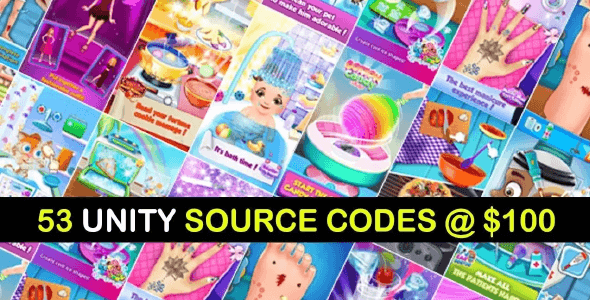NuGet Packages In Unity – Using NuGet packages directly in Unity can be a bit tricky because Unity’s scripting environment, based on Mono or .NET Standard, has its own package management system and runtime environment. Here’s a breakdown of how you can effectively use NuGet packages within Unity:
Understanding NuGet and Unity Compatibility
- Unity’s .NET Compatibility:
- Unity supports scripting in C# and uses a version of the Mono runtime (in older versions) or the .NET Standard (from Unity 2018.1 onwards).
- NuGet packages are primarily designed for use with Visual Studio and other .NET development environments, which may not directly integrate with Unity’s environment out of the box.
- Unity Package Manager (UPM):
- Unity has its own package management system called the Unity Package Manager (UPM), which is designed specifically for managing Unity-specific packages, shaders, assets, and plugins.
- UPM packages are typically .unitypackage files or scoped packages hosted on Unity’s Package Registry.
Using NuGet Packages in Unity
While Unity doesn’t directly support NuGet packages within its editor environment, you can still use NuGet packages indirectly through several approaches:
1. Converting NuGet Packages to Unity Packages:
- Manual Conversion:
- Manually convert the NuGet package into a format that Unity can use, such as a .dll file or a Unity-specific package format (.unitypackage).
- This process involves extracting the necessary DLLs or assemblies from the NuGet package and adding them to your Unity project.
- Third-Party Tools:
- There are third-party tools and plugins (e.g., NuGet for Unity) that facilitate the integration of NuGet packages into Unity projects by automating the conversion process or managing dependencies.
- These tools can help streamline the process of importing and using external libraries from NuGet repositories into your Unity projects.
2. Using .NET Standard Libraries:
- Compatibility Considerations:
- NuGet packages that target .NET Standard can often be directly referenced in Unity projects if they are compatible with the version of .NET Standard supported by Unity.
- Ensure the NuGet package version you are using is compatible with Unity’s runtime environment (Mono or .NET Standard).
3. Alternative Integration Approaches:
- Unity Asset Store:
- Many libraries and plugins available on the Unity Asset Store provide similar functionalities to popular NuGet packages but are tailored specifically for Unity development.
- These assets are often easier to integrate and support, as they are designed with Unity’s environment and best practices in mind.
4. Custom Integration and Scripting:
- Custom Scripts:
- Write custom scripts or adapters to bridge functionality from NuGet packages into Unity.
- This approach involves writing wrapper scripts or adapting APIs from the NuGet package to work within Unity’s scripting environment.
5. Unity Package Manager (UPM):
- Scoped Packages:
- Publish your own scoped packages to Unity’s Package Registry if you have specific functionalities or scripts that you want to reuse across multiple Unity projects.
- This is useful for sharing custom functionality or integrating third-party dependencies that are packaged specifically for Unity.
Considerations and Best Practices
- License Compatibility: Ensure that any external libraries or packages you integrate into Unity projects comply with Unity’s licensing and distribution policies.
- Performance and Compatibility: Test the performance and compatibility of NuGet packages within Unity, especially with respect to platform-specific considerations (e.g., iOS, Android).
- Documentation and Support: Refer to Unity’s documentation, forums, and community resources for guidance and best practices when integrating external libraries or packages into your projects.
Conclusion
While integrating NuGet packages directly into Unity projects requires some manual effort and consideration of compatibility, it is possible to leverage external libraries and dependencies to extend Unity’s capabilities. Using third-party tools, custom scripting, or converting packages into compatible formats are viable approaches to incorporate NuGet functionality effectively within Unity development workflows.
You can also check Unity Forums.





